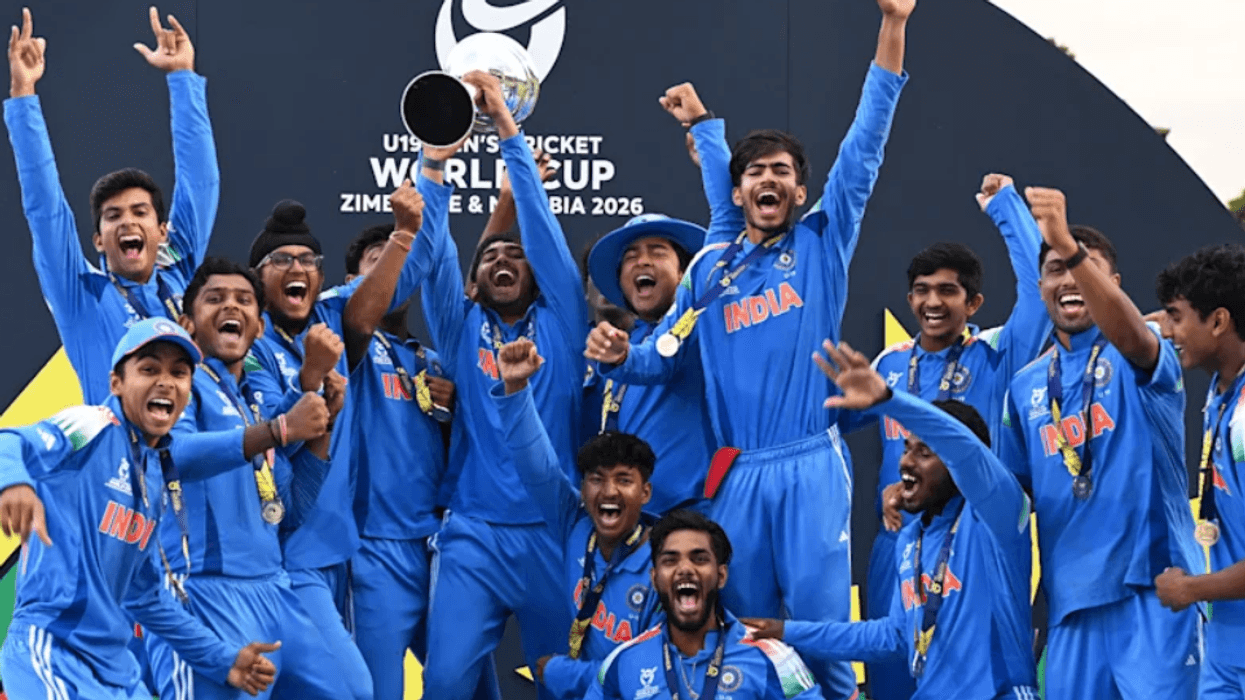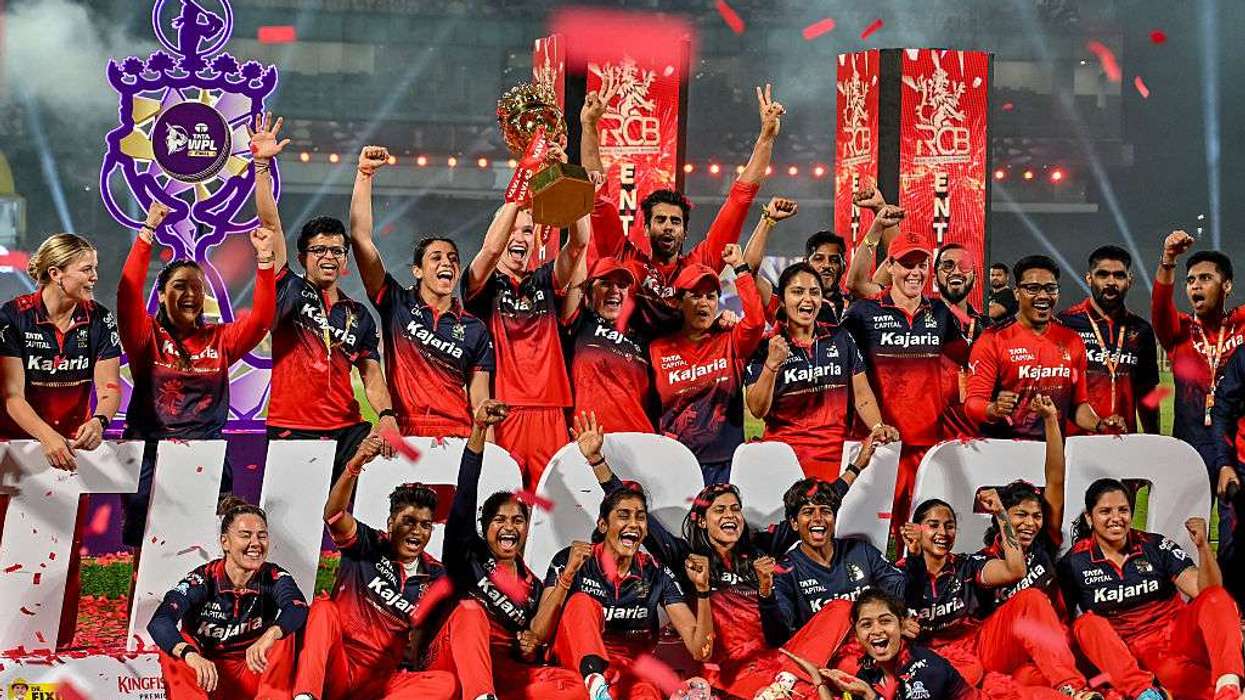Veteran left-hander Yuvraj Singh was on Sunday (13) dropped from the Indian squad for the limited overs series against Sri Lanka in what could possibly signal an end to his illustrious international career.
A two-time World Cup winner and one of India's finest limited overs exponent, the 35 year old Yuvraj's place was always under the scanner.
After a 50 against Pakistan in the Champions Trophy opener, Yuvraj hardly did anything notable as his last seven ODI innings fetched him only 162 runs.
A senior BCCI official, who is privy to selection policy said that Yuvraj is no longer in contention for the 2019 World Cup in England and Wales.
"His batting has lost sting. He rarely bowls and his fielding has gone down a few notches. If we have to prepare a team for 2019 World Cup, we had to take a call now. In case of Mahendra Singh Dhoni, we still don't have replacement but Yuvraj's place has multiple contenders," the official, who can't come on record said on Sunday.
Yuvraj has scored over 8000 runs in 304 ODIs, apart from playing 40 Tests and 58 T20 Internationals.
Mahendra Singh Dhoni's selection also indicates, he is in scheme of things for the 2019 World Cup in England.
Another player dropped from the squad that went to West Indies is young keeper-batsman Rishabh Pant, who has been replaced by KL Rahul, who is also a decent wicketkeeper. Kedar Jadhav is also good behind the stumps.
Dinesh Karthik, who did a decent job in the West Indies was also dropped since he was picked as Manish Pandey's replacement.
The national selection committee decided to rest all senior bowlers - fast bowlers Mohammed Shami, Umesh Yadav along with spinners Ravichandran Ashwin and Ravindra Jadeja.
Jasprit Bumrah makes a comeback after much needed rest while rookie Mumbai pacer Shardul Thakur has also been included in the side.
The spin department will be relatively young with left-arm spinner Axar Patel and leg-spinner Yuzvendra Chahal to support chinaman Kuldeep Yadav.
Fit again India A captain Pandey has been recalled after leading the side to tri-nation series win in South Africa.
He scored 307 runs in five games and was dismissed only once.
Rahul was also an automatic choice once he is fit. After twin 50s in Tests, there was no debate on his return.
As far as Shardul's selection, he is among the reserve pool of fast bowlers whom selectors would ideally like to try out against a weak team like Sri Lanka.
Veteran Suresh Raina remains on standby as he has not played ODIs since 2015.
Squad: Virat Kohli(capt), Shikhar Dhawan, KL Rahul, Rohit Sharma, MS Dhoni (wk), Kedar Jadhav, Manish Pandey, Hardik Pandya, Axar Patel, Kuldeep Yadav, Yuzvendra Chahal, Bhuvneshwar Kumar, Shardul Thakur, Jasprit Bumrah, Ajinkya Rahane.



